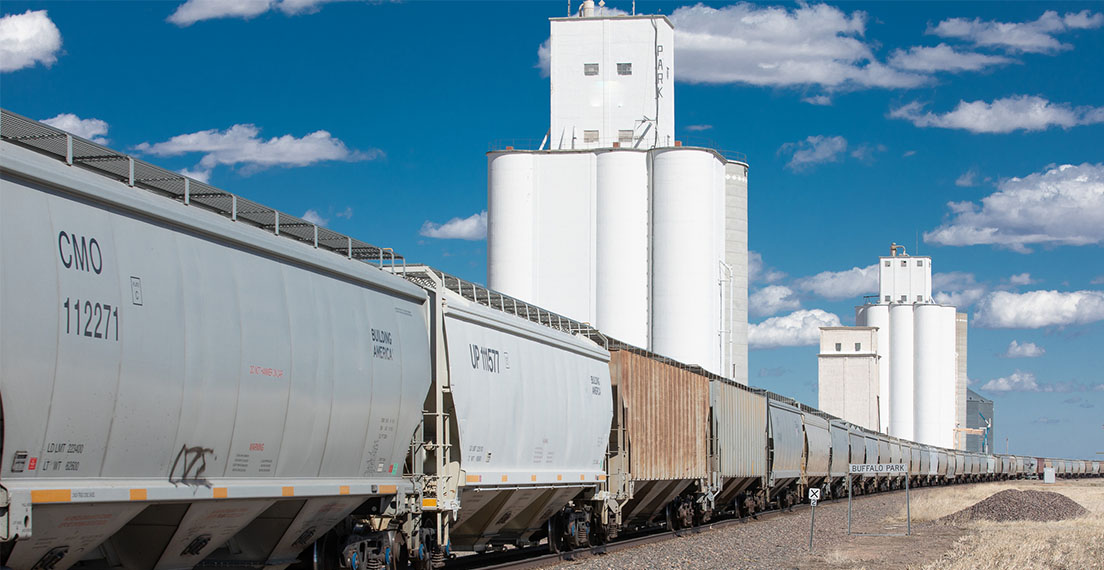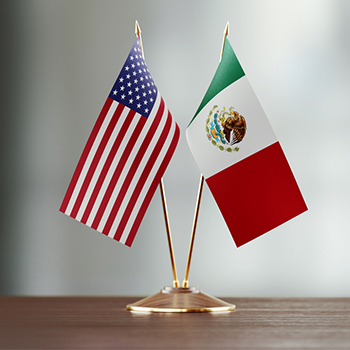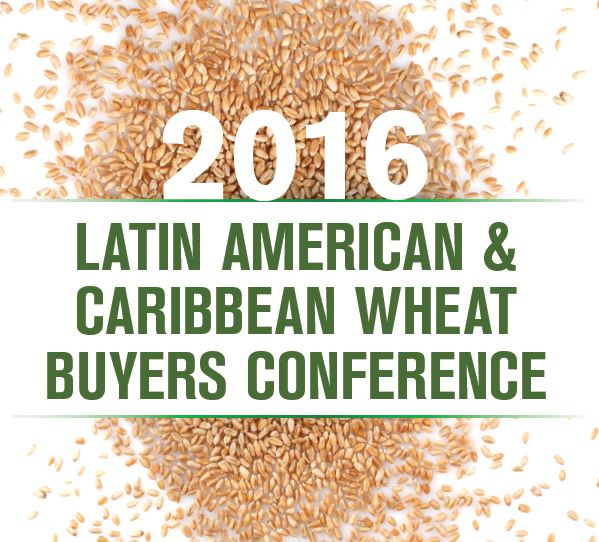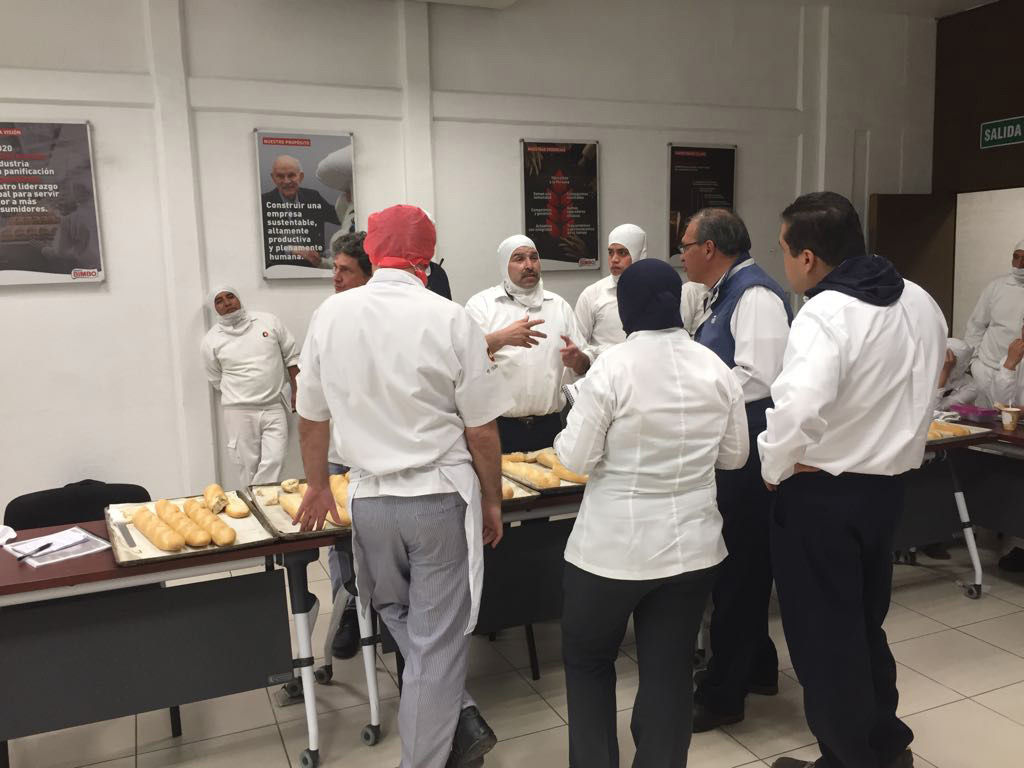U.S. Wheat Associates (USW) recognizes that direct rail shipments of U.S. wheat to millers in Mexico provides a significant advantage over competing wheat exporting countries. USW has been increasing its efforts to facilitate these types of sales by educating Mexican buyers about the rail shipping process and efficiencies.
In June 2022, USW’s Mexico City Office used Agricultural Trade Promotion Program (ATP) funds to organize and lead a trade team from a Mexican company that is a major buyer of U.S. wheat to meet with U.S. farmers, grain cooperatives and grain elevators in Ohio and Kansas that have direct rail shipment capabilities. The trade team included the company’s wheat purchasing manager and production manager.
Improved Infrastructure
Expansion of U.S. exports to the market via rail has been made possible by significant investments and dramatic improvements in the Mexican rail infrastructure over the last 15 years. Today, there are 46 shuttle train facilities, including 9 new facilities that were inaugurated in 2020-2022, and 12 milling companies have the capacity to receive shuttle trains.
Along with demonstrating the capabilities of shipping U.S. wheat directly to mills in Mexico, the trade team led by USW was educated on the quality and supply of U.S. soft red winter (SRW) wheat and hard red winter wheat (HRW).
As a result of discussions with the trade team – both during and after the visits to Ohio and Kansas – the company bought SRW for the first time in more than three years. The estimated total for the 44,160 metric tons (MT) of SRW purchases that resulted from the trade team was $15.7 million.





